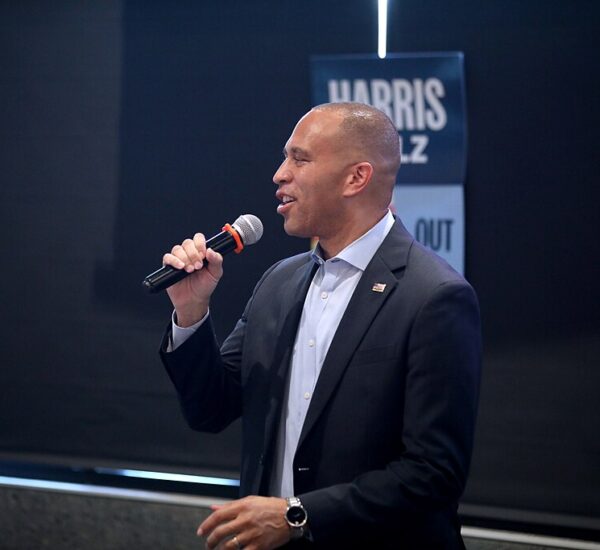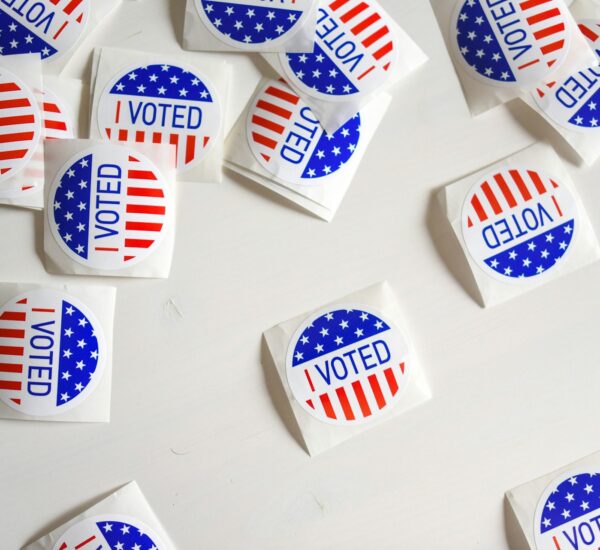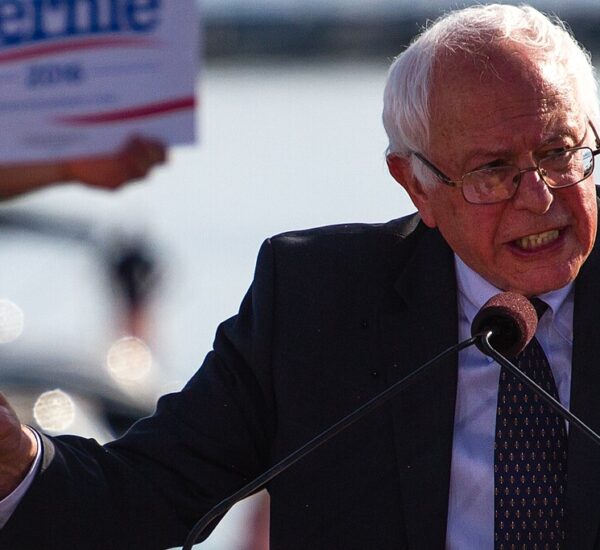Trump’s Approval Rating Tanks?
Recent polling indicates that Americans’ confidence in President Trump’s ability to manage the economy is beginning to slip. As the 2024 election approaches, the economy remains the most critical issue for voters, and it played a significant role in Trump’s previous success. Unfortunately, concerns about rising inflation, job insecurity, and the general affordability of daily life are weighing heavily on his economic approval ratings. These challenges are compounded by troubling economic signals, including a bleak GDP growth forecast for the first quarter by the Atlanta Fed.
A Gallup poll from February shows that just 42 percent of Americans approve of Trump’s economic handling, while 54 percent disapprove. This marks a significant dip from the 53 percent approval rating he enjoyed when he first took office in 2017, although his approval still outpaces that of President Biden, who left office with only 34 percent approval on economic issues after presiding over the highest inflation in 40 years.
Polling from Reuters/Ipsos this week revealed that a majority of Americans are dissatisfied with the direction of the economy. A concerning 53 percent believe the economy is on the wrong track, with only 30 percent feeling optimistic about improvements. Moreover, 64 percent of Americans think their cost of living is rising, further fueling economic anxiety.
There are also concerns about the possibility of an economic downturn. The Atlanta Fed’s real-time GDP forecast downgraded its outlook for the first quarter from a predicted 3.9 percent growth a month ago to a projected 1.5 percent contraction. With the current policy uncertainty, particularly surrounding Trump’s tariffs, business and consumer confidence are beginning to waver.
Despite the tough economic landscape, Trump has maintained that inflation is not his fault, though he acknowledges the pressure it has put on the economy. His economic platform for 2024 includes extending his 2017 tax cuts and eliminating taxes on tipping and overtime, which he hopes will alleviate some of the financial strain on working families.
However, Trump’s tax cuts were not universally popular when they were first passed. According to Gallup polling from 2018, 56 percent of Americans disapproved of the tax cuts, with only 29 percent supporting them. While opposition to the cuts has softened slightly over time, they remain a contentious issue. As the election nears, Democrats are eager to use this against Republicans, arguing that such tax cuts primarily benefit the wealthy while doing little for average Americans.
As Trump pushes forward with his economic agenda, it remains to be seen how voters will respond to these policies in the face of growing economic uncertainty. Whether the tax cuts and other proposed measures will resonate with working-class Americans is a key issue that will likely shape the 2024 election.






